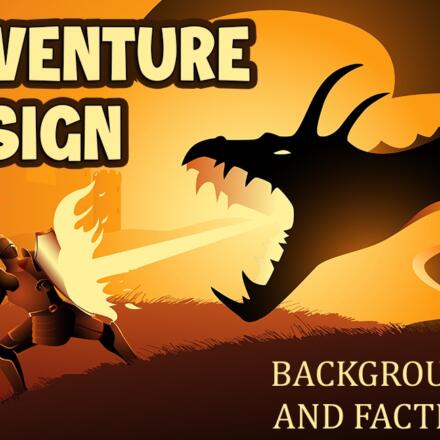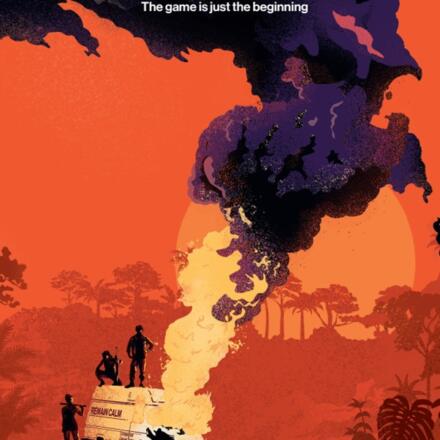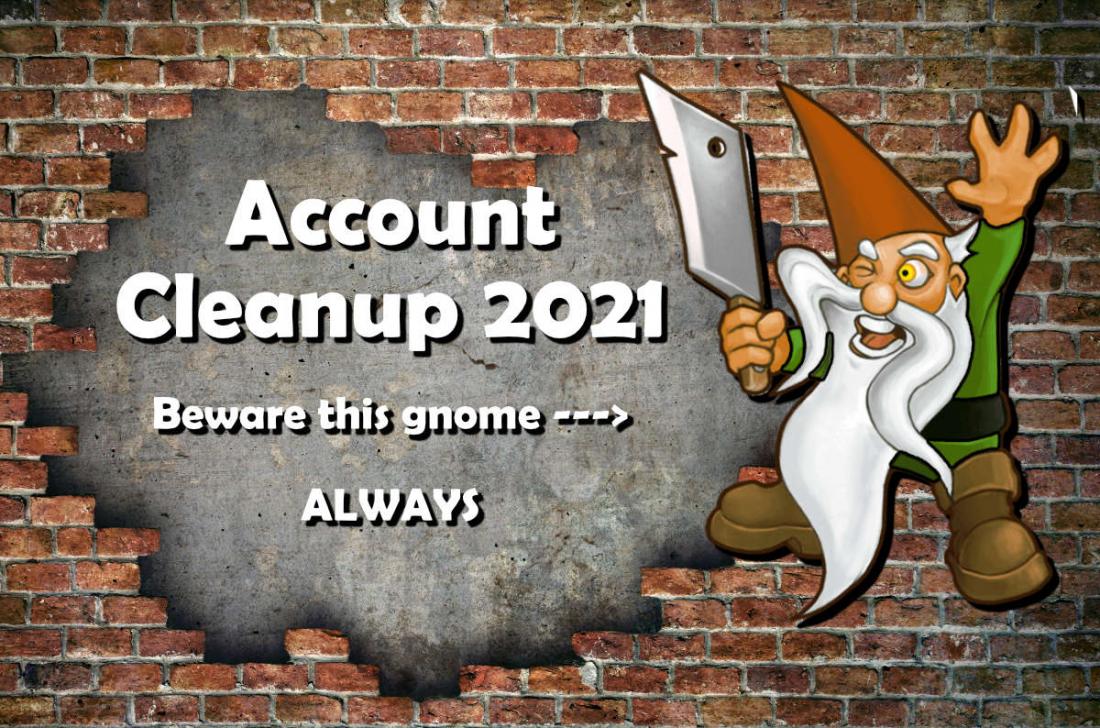Years ago when I was coding, I used to have this thing about Future Phil, Past Phil, and Present Phil. It started with some poorly documented code, where I cursed Past Phil for being lazy and screwing Present Phil (me – at the time) because I had to crawl through this mess of code and figure out what was happening to fix something. So then I got good at documentation so that Future Phil would not have the same problems. Even today, with my coding days behind me, I often remind myself to do things in the present to help Future Phil. Later when those things wind up helping me, I thank Past Phil.
So what does this have to do with RPGs? Well, it’s about prep. Present you is going to prep a game for Future You, and there are some things you can do in the present that will help Future You quite a bit. So let’s talk about it…
Getting to Know Future You
Future You is going to be the person who is GMing your next game. They are some time in the future, and they are going to be sitting at the table doing all the tasks that a GM has to do, things like reading the table, managing the spotlight, keeping track of NPC health, playing various NPCs…you get the idea. Future You is going to be juggling a bunch of things while running the game.
From time to time, Future You needs to look at your session prep to see what comes next, for a piece of dialog that you want to say, etc. They need to do that, all the while juggling everything else we talked about.
Present You
Right now you are prepping the game. You have access to any reference material you need, time to look things up on the internet, time to mull over ideas, and write down all sorts of things. Depending on how you like to prep, your prep could occur over multiple days.
Side note – If your prep is getting the better of you, consider Never Unprepared, which talks about how to get your prep under control so that you are getting what you need done promptly.
While you are doing your prep you need to consider…
What can Present You do for the Future You?
We know Future You is going to be busy, so are you preparing your prep material to make it easy for Future You to reference during the game?
One of the reasons that I dislike running published adventures is that they are formatted like other types of publications, with paragraphs and multiple columns of text. That format is convenient for the publisher, in that it condenses text on a page, and helps to keep page counts down because more pages are more printing costs, which in turn would be higher prices for you. But it also makes scanning that text in the middle of a session difficult.
I love Dungeon Crawl Classic published adventures, but my prep for them is to take the PDF and use color highlighters to help break up the paragraphs of text into things to read/describe to the players, rules/checks I need to be aware of, and stats. By coloring those blocks of text in different colors, it makes it easier for me to find them while I am running the game.
For me, and I suspect others, that condensed format is not the most accessible form of information when running the game (Future You).
What can you do to make your prep more accessible for Future You?
Over the years, my prep evolved. When I was younger I wrote paragraphs and blocks of text, because I was emulating published adventures. Over time I moved away from that format and today my prep has the following characteristics:
Outline Text
My prep consists of headers and bulleted lists. I will use a few different sized headers to help group the information. I use bulleted lists with several indentations to organize single lines of information. Even long dialog will be a series of bullets.
This format is easy for Future Phil to scan during play. The headers make it easy to find a specific part of my prep, and the bullets make it easy to scan/read.
Complex Information In Tables
Things like stat blocks or checks are put into tables so that they are easy to find and easy to access different parts of the table, as needed.
Auxiliary Information in Sidebars
I will put information that may be helpful in sidebars next to the rest of the prep. These sidebars sometimes contain rules that may be relevant, setting info that may be germane, etc. By using the sidebar, it keeps the main text, the bulleted list, lean, while allowing me to also easily access that supplemental info by glancing over.
Separate Pages for Recurring NPCs
Some NPCs I will put in tables, as mentioned above, but if an adventure has a large number of NPCs or if some of those stat blocks are going to be referenced more than once, then they go into their own separate pages. This also helps to keep the outline text lean and makes it easy to flip over to the NPC page if I need to access their stats.
The goal of all of this is to make things easier for Future Phil, but this lean style also helps Present Phil because it’s less wordy than writing paragraphs. Also, this is easily scalable and I have used this format for games where I have done heavy prep, to games where I am ad-libbing more of the session.
My Tool Of Choice
The type of formatting I am talking about here can be done in many different tools: Google Docs, Notion, Evernote, etc. I am a fan of OneNote. The platform isn’t the important part, except that you have to like it and be excited to use it.
How Is Future Phil Using This Prep?
When I run a game, I use either an iPad, laptop or monitor to present my prep. By the nature of doing the prep, I have a good idea of many parts of what is going to happen in the session. As I run, I scroll the page down to the sections I need by looking for the headers. I can easily scan the bulleted text to find facts, info, or dialog. When I see a sidebar, it’s a reminder of something that I may need during this part of the story.
What I don’t have to do during the game is stop and read or scan paragraphs of a page looking for something. It allows me to keep my focus on the play at the table while being able to glance over at my screen to grab some info.
Who Are You Prepping For?
While published adventures are a great way to learn what kind of prep goes into a story, the traditional publishing format is not always conducive to using it at the table. By considering Future You, the person who is running the game, you can format your prep to make it more accessible, making it less work to find information and decrease any pauses you will have during the game.
What about you? How are you formatting your prep? What techniques are you using to make your prep an aid at the table?

















Great post!
In addition to bulleted lists and paragraphs I also use links a lot. Like, if for example there is an encounter with some beast I’ll just hyperlink it right in the working document so I can open it if need be. Musical playlists, visual aid, pdf’s with data – everything at your fingertips!